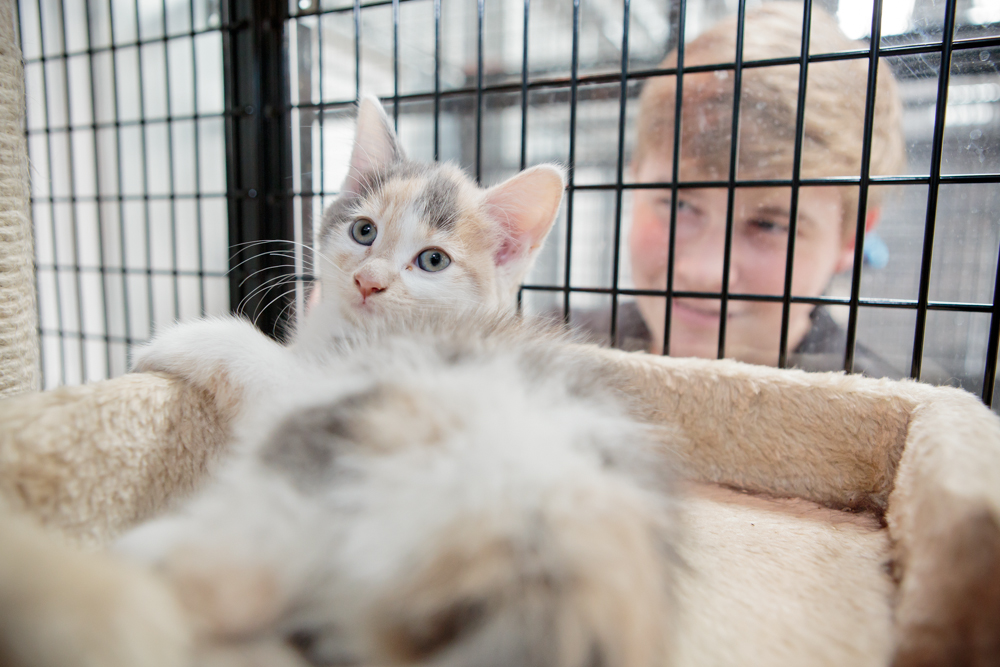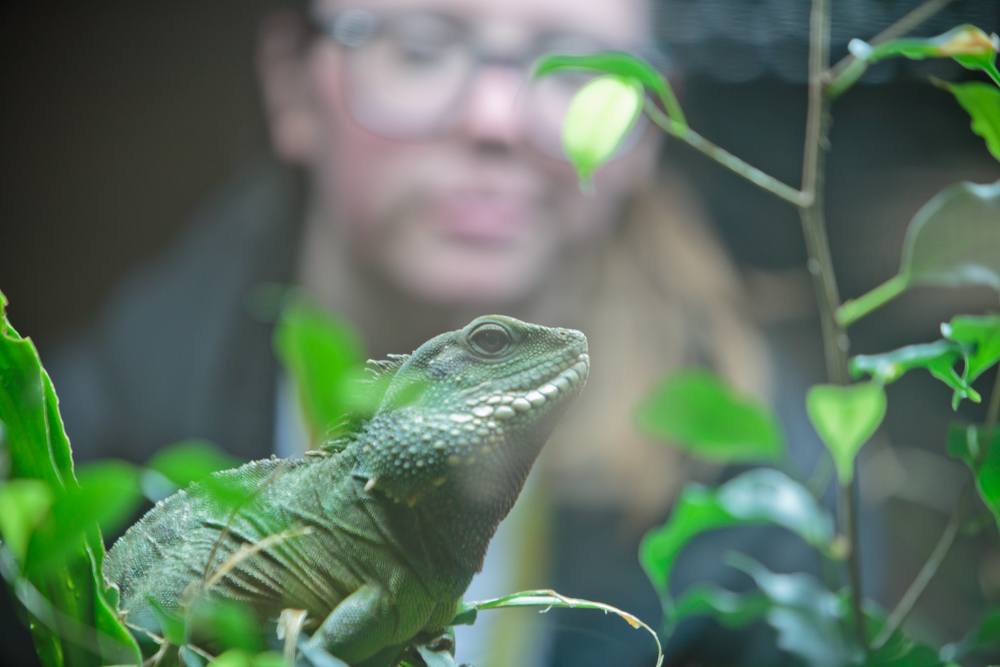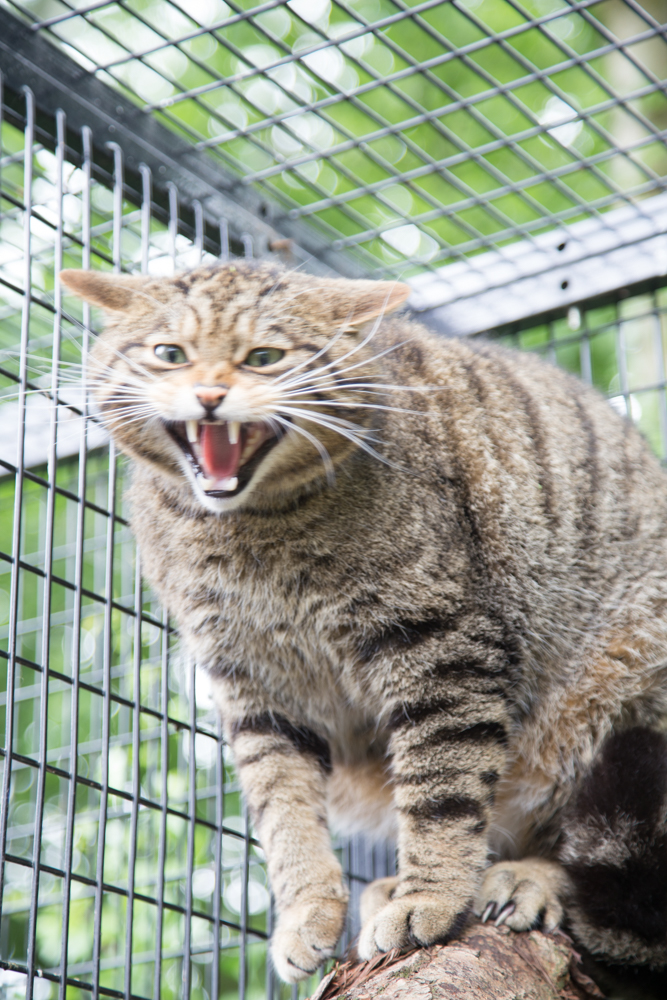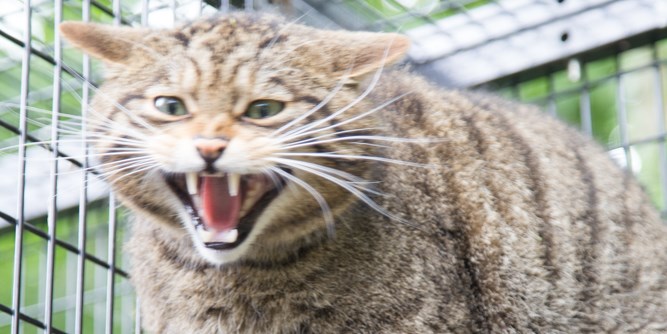Course modules
Year 1
Academic and Vocational Skills
A module designed to enable students to maximise their performance both on the course and in the industry to kick start a strong degree and excellent career in the sector. You will gain first-hand experience using a relevant industry environment to develop academic, practical and technical skills. You will record and reflect on their own personal development during the module. The module is fundamental to the ethos of foundation degrees in providing engagement in a professional environment and should inspire students through study on the ‘Industry Project’ module at level 5.
Animal Anatomy and Physiology
The module aims to enable the students to describe the natural anatomical and physiological mechanisms that control behaviour, reproduction and defence against disease and impact on an animal’s welfare.
Applied Equine Husbandry
Management of the equine requires specific skills and understanding to manage the horse effectively and with good welfare standards. The equine is a complex animal whose psychology is vital to its effective husbandry. The routine of this husbandry is vital, as is the understanding of different methods which may be used to enhance welfare. The basic principles of equine care are fundamental and underpin the requirements of whichever area of the equine industry the student finds employment within. Comparisons will be made to husbandry practices within the UK and abroad.
Animal Health and Nutrition
The module will discuss the aetiology of diseases and associated characteristics. The module will develop plans for animal health enhancement and disease control strategies and introduce the concept of pharmacological control. This module also aims to explore the biological and biochemical principles which underpin animal nutrition and further develop scientific knowledge as a basis for the continuing acquisition of information. The module will develop a critical interest in current applied research in animal health and nutrition and how this may be applied to practical animal feeding management and production with due consideration to commercial, health, environmental and welfare factors.
Introduction to Animal Welfare
This module aims to introduce learners to the field of animal welfare. Current welfare guidelines and policy will be explored in order to develop an appreciation of how welfare principles apply to different aspects of the animal industry. Ethical principles will also be debated and discussed in relation to animal welfare and how these could be applied throughout the course.
Animal Behaviour and Training Effects and Influence of Animal Behaviour
This module aims to develop a practical appreciation of the natural behaviour patterns of animals considering environmental effects. Alongside understanding the principles of species and breed specific factors affecting the animals’ behaviour, this module will examine how these can be adapted as part of a training regime to meet the complex and varied roles demanded of animals. The module will outline the biological principles of animal behaviour and develop an appreciation of current animal behaviour issues. Current applied research will be used to develop scientific knowledge in animal behaviour and will allow students to apply this knowledge to the diverse roles of animals in society and the role of the animal caretaker in forming behavioural responses in the animal.
Year 2
Industry Project
This module will provide an opportunity for students to identify a suitable project relevant to a specific animal industry, work with their supervisor in developing the project and report on the outcomes. The module is intended to provide engagement in a work environment for students to investigate a particular project in relation to a specific industry sector. Students will be encouraged to develop professional working relationships, manage their own time and workload and provide evidence of this. Project management skills will be developed through supporting workshop sessions.
Research Methods
Experimental design and data analysis are core themes in this module. It will introduce concepts of statistical testing and further develop skills in presenting and interpreting results of scientific investigations. The module will give students vital skills in formulating research questions and designing an effective experiment in preparation for the final year research project.
Forage Crops and Grassland Management
Central to farm profitability is the scientific basis of grassland and forage crop production as we seek sustainability in livestock production systems. In this module, emphasis will be placed on the fundamental principles with the application of science allowing students to develop the essential management skills required for the commercial production of both forage crops and grass production.
Business Development and Planning
This module examines the business process and develops key business skills necessary to take an enterprising idea forward and formulate a successful business. Students will propose enterprising ideas with reference to market research and formulate a business plan. The module will equip students with creative thinking and innovation skills and challenge them to find solutions for a sustainable business.
Genetics and Breeding
In order to be successful in breeding animals, it is important that students have a broad understanding of the biological principles which underpin animal breeding. The module will explore the principles of genetics from the single nucleotide through to the entire genome. Genetic technologies such as single gene identification, genomics and cloning will be discussed alongside breeding technologies such as artificial insemination and embryo transfer. A critical, research-based approach will allow students to consider the future of animal breeding in domestic, commercial and captive animals.
Global Wildlife Conservation
This module aims to develop knowledge of global conservation initiatives and techniques to monitor and conserve wild species. The module will encourage the development of a critical understanding of the impact of conservation threats for endangered species and how these threats are controlled or minimised. Appreciation of anthropogenic threats and the practicality of implementing conservation strategies will be considered allowing for the development of critical thinking. This module will introduce national and international conservation conventions and legislation including the protection and harvesting of legal and illegal trade on endangered species and the implications for in situ conservation programmes.
Entry requirements & additional information
- Entry requirements
- Learning and assessment
- Progression
- Careers
- Professional accreditations
- Special requirements
Entry requirements
5 GCSE passes at Grade C (4) or above (including Maths and English or equivalent)
Plus 48 UCAS Tariff points from one or more of the following:
- 2 A-levels (A2), at least one at C or above
- BTEC/C&G Level 3
- 2 Scottish Highers at C or above
- 3 Irish Highers at C or above
- International Baccalaureate at 24 points
- NVQ Level 3 in a relevant discipline
- Access to HE Diploma in a relevant discipline
AS levels, BTEC Subsidiary Diploma and Scottish Intermediate 2s may be used to contribute to entry requirements but they are not sufficient for entry on their own. Alternative equivalent qualifications will also be considered positively.
Applicants who believe they may be eligible for Accreditation of Prior Certificated and/or Experiential Learning (APCL/APEL) for certain modules will be considered on an individual basis.
Applicants for whom English is a second language must be able to demonstrate proof of International English Language Testing System (IELTS) at level 6.0 (with no component score lower than 5.5) or equivalent.
All offers may be subject to successful interview.
Learning and assessment
Learning Environment:
Students are expected to undertake extensive independent study and research to support lectures, seminars and assessments. Group work and group presentations form an important part of the course. Students will have access to specialist IT hardware and software, an on-line learning environment and reference facility.
Assessment:
Students will complete a variety of assessments including examinations and tests, practical assessments, essays, presentations, reports and group work.
Additional Information:
The course may involve visits or lectures delivered by external speakers who will outline the work/research interests of the various organisations they represent. This provides excellent opportunity to find out about both the technical issues and developments being discussed and the employment and career opportunities available in the various fields.
What work experience can I get?
There is no formal work placement on this course. The Academic and Vocational Skills and Industry Project modules may utilise both on and off site working environments to provide the opportunity for students to develop real practical and technical skills and help prepare them for employment in their chosen subject area, however it is the student’s responsibility to locate a place in industry in order to facilitate these modules.
Progression
On successful completion of the course providing the Research Methods option has been successfully completed, students may apply for the final year of the BSc(Hons) Animal Behaviour and Welfare course.
Careers
The course is designed with the intention that its graduates will be able to function effectively within the canine industry from a fundamental scientific base. Examples of possible careers include:
- Rescue Centre work
- Education
- Research and development
- Local authority/Defra/HM customs animal welfare officers
- Kennel and Cattery Assistants
- Animal Insurance Advisors
- Animal Collections and Sanctuary work
- Animal Technician
- Laboratory Technicians
- Training Assistance Dogs
Professional accreditations
All students are encouraged to pursue membership of the Association for the Study of Animal Behaviour (ASAB) and British Society of Animal Science (BSAS) as well as pursuing scholarships and travel awards with other professional animal organisations.
Special requirements
Laboratory coats are required for laboratory practical sessions. Waterproof clothing for field and outdoor visits
Extra Costs:
Additional costs for items that are essential for the course:
- Laboratory Coat - £15
- Waterproofs and Boots £50
- Black Warehouse Coat - £15
Additional costs for opportunities and items that are optional for the course include:
- Field Study trip to South Africa £3,500
Latest news, Animal studies
-
Inspiring the next generation of cyber specialists
- Published
- Wednesday 26 February
-
SUCCESS STORY: Chloe becomes one of UCLan’s first ever trainee vets to graduate
- Published
- Monday 6 January
-
Industry accolade for Myerscough animal studies tutor
- Published
- Tuesday 19 Nov 2024
-
Higher education Research Conference a success
- Published
- Friday 8 Nov 2024
-
Unforgettable South Africa experiences for animal studies students
- Published
- Thursday 29 Aug 2024






